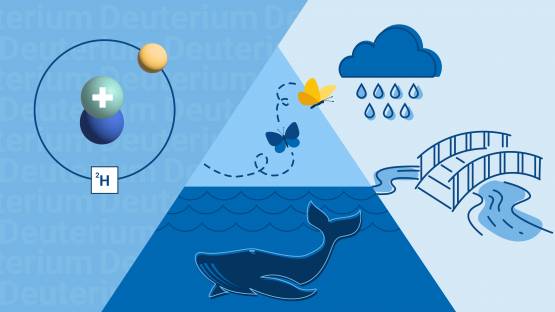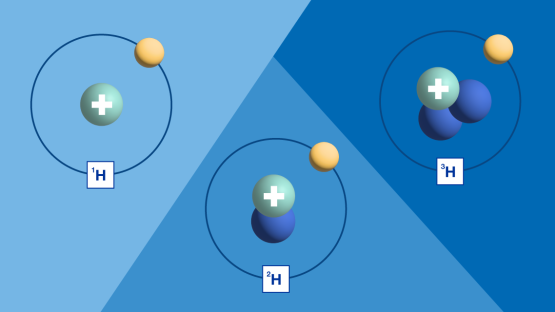
If you would like to learn more about the IAEA’s work, sign up for our weekly updates containing our most important news, multimedia and more.

Nuclear Explained - Water
Nuclear Explained
Groundwater: How Scientists Study its Pollution and Sustainability
Groundwater accounts for around 30 per cent of the world’s freshwater, making it an important resource for addressing current global issues, such as world population growth, agricultural intensification and increased water use in different sectors. Read more →
What are Radioactive Sources?
Radioactive sources contain radioactive material of a particular radionuclide (an unstable form of an element emitting radiation), which can vary based on the application for which the source was manufactured. Read more →
Nuclear Explained – What is Isotope Hydrology?
Water is critical for human development and environmental and economic sustainability. Isotopic techniques are used to help assess the quantity, quality and sustainability of this precious resource. Read more →
What is Deuterium?
Deuterium is a stable isotope of hydrogen, which, unlike “normal” hydrogen atoms, or protium, also contains a neutron. Read more →
What are Isotopes?
Like everything we see in the world, isotopes are a type of atom, the smallest unit of matter that retains all the chemical properties of an element. Isotopes are forms of a chemical element with specific properties. Read more →
- 1 of 2
- next ›





